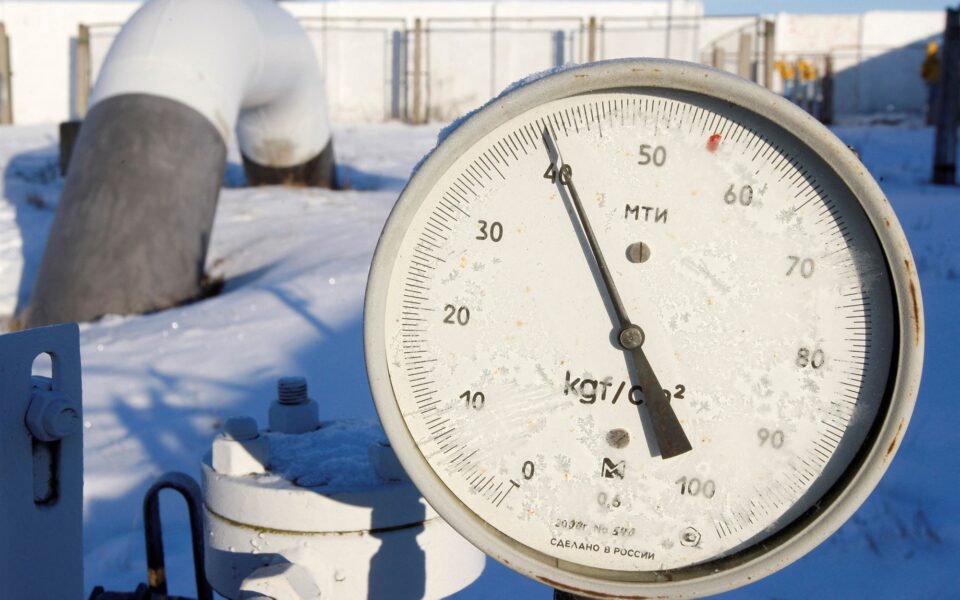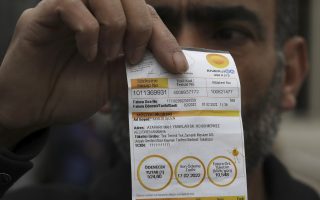More power bill subsidies planned
As Ukraine crisis fuels long-term price hikes, PM seeking common European response

With the escalation of the crisis in Ukraine, the prices of gas and, by extension, electricity are expected to remain at very high levels for some time to come, forcing the government to seek additional resources to support consumers.
To this end, the Energy and Finance ministries estimate that they will be able to secure an additional 3 billion euros from carbon emissions auctions and from the surplus of the Special Account for Renewable Energy Sources.
However, given that it is almost certain that this amount will not be enough to support businesses and households, contributions from the state budget will also be needed. The issue is of great concern to the government’s financial staff, as the deficit target must be met.
For this reason Prime Minister Kyriakos Mitsotakis stated on Wednesday that in order to deal with the spikes in energy prices, a common European response is necessary, and he said he intends to raise the issue at the next summit.
“We need a European response to a problem facing all member-states. Each country has its own way of dealing with it, but for all countries it is a problem that is financially extremely painful, and I intend to raise this issue at the next European Council,” he said, adding that “the transition to a green economy should not be slowed down.”
“However, this should be accelerated in such a way so that it does not hit the weakest households and European businesses,” he stressed.
In response to the issue, EU member-states and governments have so far spent more than 23 billion euros to alleviate the energy bills of 71 million household customers and several million small and medium-sized enterprises.
Tellingly, even before the crisis in Ukraine escalated, triggering a new explosion in gas, oil and electricity prices, the EU estimated that energy prices would remain high until 2023 and that they would be a key driver of inflation in 2022, continuing to burden growth.
According to estimates by the European Central Bank, energy price shocks will reduce GDP growth in the eurozone by about 0.5 percentage points in 2022.
More than half of the EU’s aluminium and zinc foundries, according to the Commission, are operating at reduced capacity or have been temporarily closed, while at least 23 power supply companies across the EU are failing to meet their obligations.





